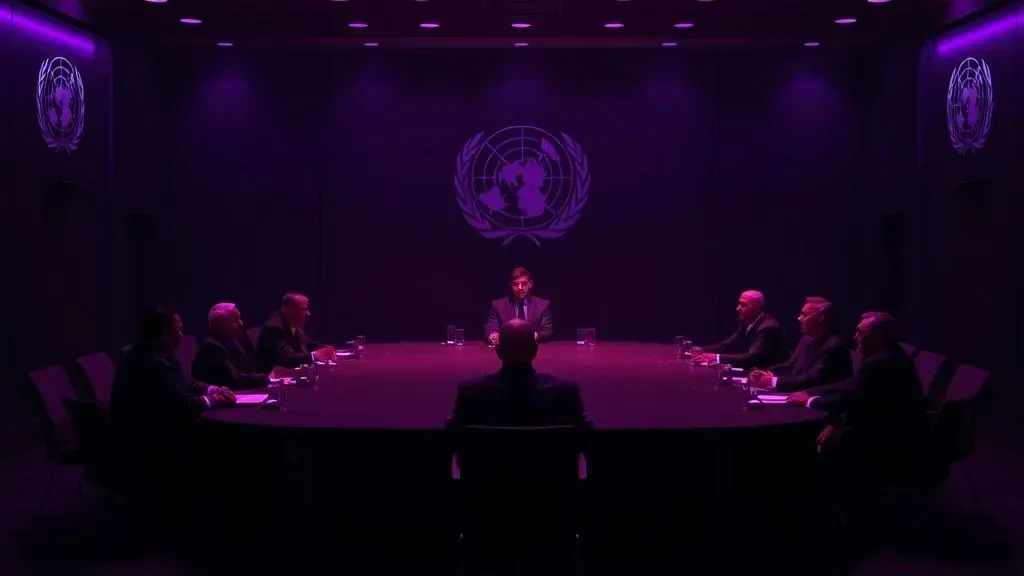
The Integrated Food Security Phase Classification confirmed famine in Gaza City and nearby areas after 22 months of conflict. This declaration signals catastrophic food insecurity for over 500,000 people, driven by aid restrictions and displacement. UN Security Council members, excluding the US, rallied behind the report in a joint statement.
IPC Report Details
The IPC classifies 30% of Gaza Governorate's population in Phase 5, facing starvation and death. North Gaza likely matches or exceeds this severity, though data gaps hinder full assessment.
Projections indicate famine spreading to Deir al-Balah and Khan Younis by September, affecting 640,000 in catastrophic conditions. Aid blockages since mid-March intensified the crisis, decimating local agriculture.
UNSC Positions and Statements
Fourteen council members described the famine as a
man-made crisis
and affirmed that starvation as a weapon violates international humanitarian law. They demanded an immediate ceasefire, hostage release, aid surge, and removal of delivery barriers.
The US abstained from the joint statement, maintaining its position on aid facilitation with Israel. This split reflects differing views on security priorities amid the conflict.
Key Official Response
Causes of the Famine
Conflict displaced 90% of Gazans, destroying cropland and supply chains. Israel’s restrictions halted essential imports, leaving food stacked at borders.
'It is a famine that we could have prevented if we had been allowed,' stated Tom Fletcher, UN Emergency Relief Coordinator. Such obstructions breach regulations on humanitarian access.
Implications for Global Security
Food insecurity in Gaza threatens regional stability, potentially fueling extremism and migration. Analysts warn that ignoring such crises weakens international security frameworks.
Humanitarian regulations mandate unrestricted aid, yet enforcement lags in conflict zones. This case exposes gaps in UN mechanisms for protecting civilian food access.
US Dissent Analyzed
The US claims tangible aid increases without benefiting militants. However, IPC data shows insufficient flows, contradicting these assertions.
This stance aligns with US-Israel alliances but isolates it from council consensus on famine response. It raises questions on balancing security alliances with global regulations.
Recommendations for Action
Experts urge a ceasefire to enable aid distribution and rebuild infrastructure. Strengthening IPC monitoring could prevent future escalations in vulnerable regions.
International bodies must enforce regulations against aid blockades to safeguard food security. Collaborative efforts among council members offer a path forward.
Broader Relevance
This event illustrates how food security intersects with international regulations in conflict settings. It emphasizes the urgency of unified global action to uphold humanitarian standards and avert similar disasters.



